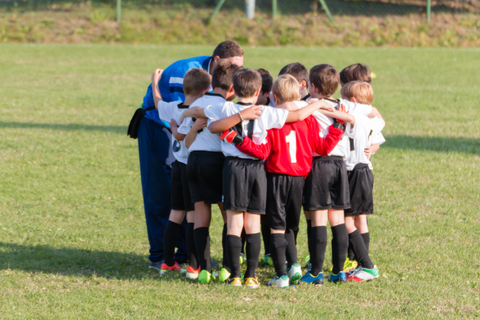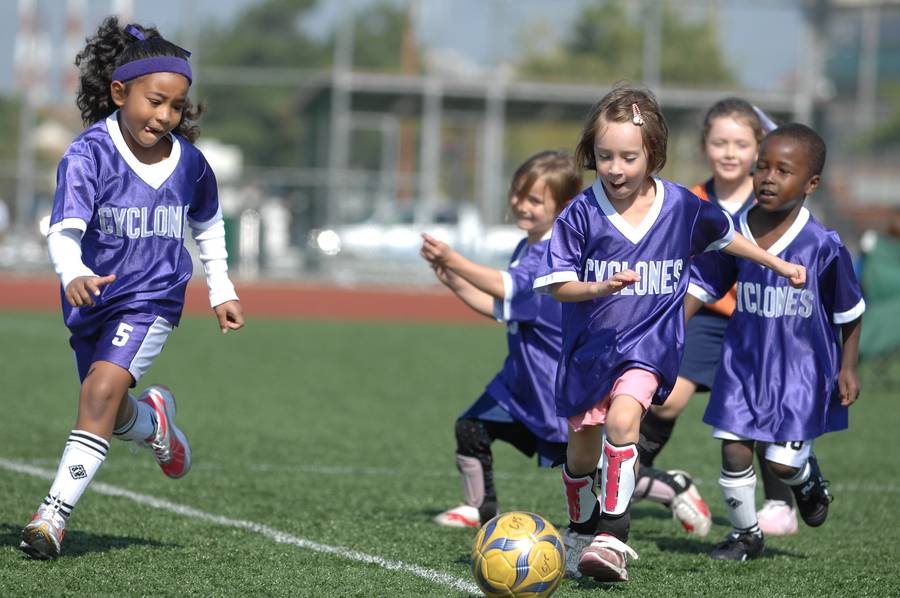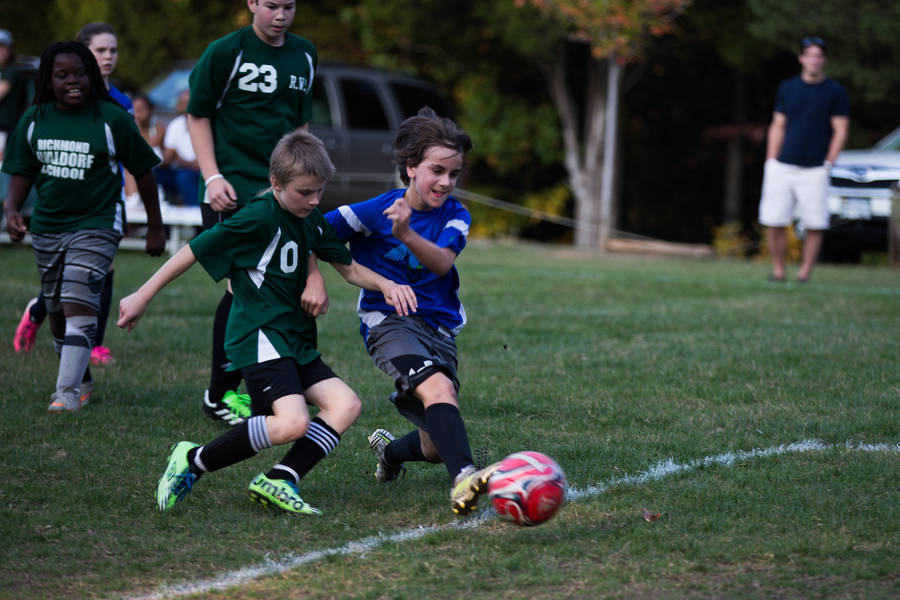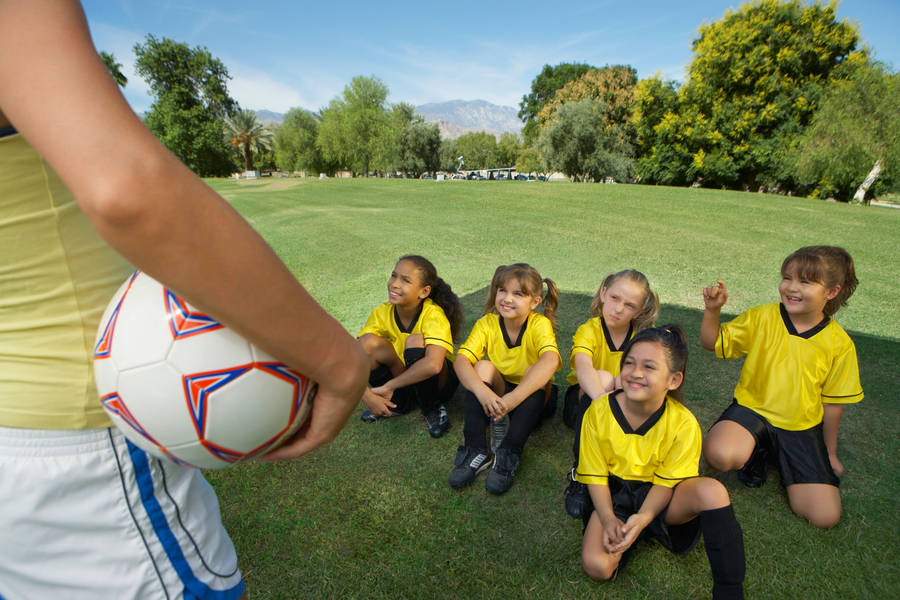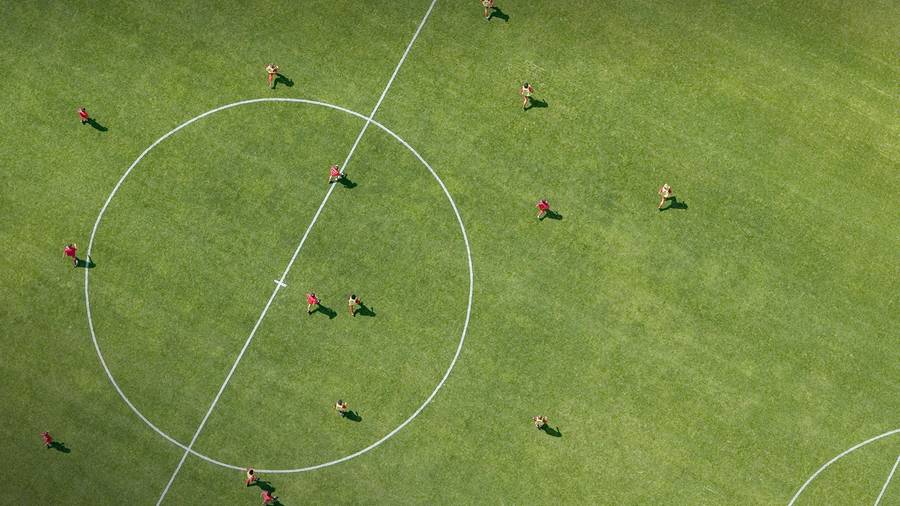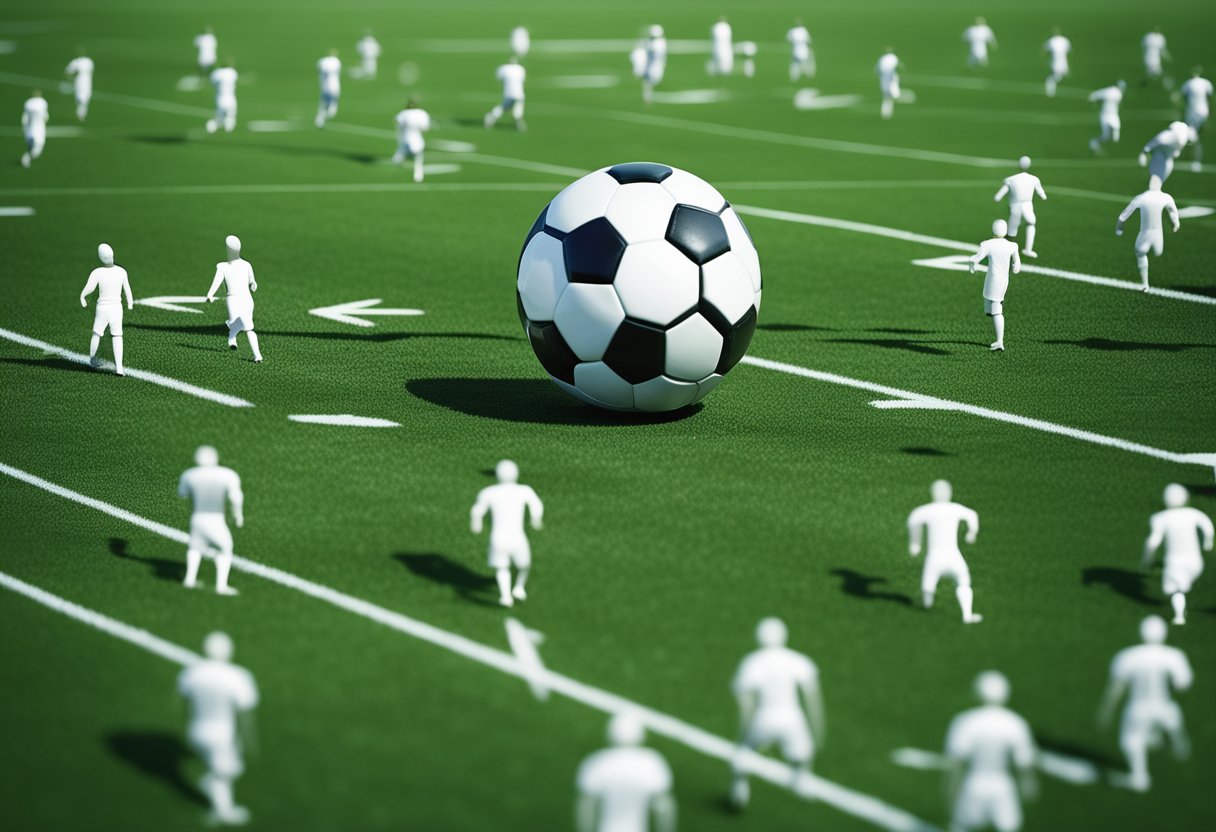In the heat of competition, the smallest advantage can make a massive difference. Milliseconds, micro-adjustments, a slightly sharper focus — it all adds up. That’s why more and more pro athletes are diving into brain-training tech. Not just physical training anymore; it’s also mental reps, neural tweaks, and cognitive fine-tuning. Athletes want their brains to be just as sharp as their reflexes. Even in high-stakes environments like poker or high-level online games, such as CasinoLab, this mental edge can change the game entirely.
The Basics: What Is Neurotechnology in Sports?
Neurotechnology isn’t sci-fi anymore. It’s very real. And very present in elite sports. We’re talking EEG headsets, neurofeedback systems, VR simulators, and even direct brain stimulation. The goal? Optimize cognitive functions like reaction speed, focus, decision-making, stress control, and memory recall.
Here’s the kicker: the brain is trainable. Just like you can build muscle, you can build neural pathways. With the right feedback and repetition, the brain can improve processing speed, reduce mental fatigue, and recover faster from high-stress moments.
Neurotech bridges the gap between body and brain. It gives coaches, trainers, and athletes data that used to be invisible. Think of it as a performance mirror for the mind.
How Athletes Use Brain Training
We’re not talking Sudoku or brain teasers. This is high-level, targeted mental conditioning. Athletes use brain-training tech to push the limits of their cognitive abilities. Some of the core tools:
-
EEG (Electroencephalogram) headsets – read brainwave activity in real-time
-
Neurofeedback apps – help athletes regulate their mental state during training
-
VR systems – simulate real-game pressure and decision-making scenarios
-
tDCS/tACS – mild electrical stimulation to boost cognitive function
Let’s say a goalkeeper wants to improve reaction time by milliseconds. They might train with a neurofeedback headset to enter a high-focus brain state faster. Or a Formula 1 driver might use VR simulations with brain tracking to build better focus under extreme pressure.
Coaches also analyse brain data to tailor training. If an athlete struggles with staying present during critical moments, neurotraining can help isolate the issue and fix it.
Key Benefits That Actually Translate to Performance
No fluff here. Athletes and sports scientists are after measurable results. And neurotech delivers. Here are some real-world benefits that teams and players aim for:
-
Faster reaction time
-
Better focus during chaos
-
Improved decision-making speed
-
Stress control under pressure
-
Enhanced recovery from mental fatigue
These aren’t just theoretical gains. Many teams report seeing improved on-field performance after implementing cognitive training protocols. For example, NBA and NHL players have used brainwave tracking to improve free-throw accuracy or puck handling under pressure.
It’s about squeezing every drop of potential. Brain-training can be that extra 2-3% that separates a finalist from a champion.
Most Popular Neurotools in Pro Sports
Every athlete needs the right gear. And when it comes to neurotraining, the toolkit matters. Here are some go-to technologies dominating the field:
-
Muse Headbands
-
Lightweight EEG wearables
-
Great for focus and meditation training
-
Used by Olympic teams and pro golfers
-
NeuroTracker
-
3D cognitive training platform
-
Improves awareness, perception, and attention
-
Used in soccer, basketball, hockey
-
Halo Sport
-
tDCS headset
-
Stimulates motor cortex to accelerate physical learning
-
Used in strength, sprint, and skill-based training
-
SyncThink
-
VR headset + eye tracking
-
Helps assess visual attention and concussion recovery
-
BrainHQ
-
Brain games based on neuroscience
-
Tracks and adapts to cognitive performance over time
These tools aren’t toys. They’re developed in collaboration with neuroscientists and refined with athlete feedback. Teams invest in them for a reason: they work.
Who's Using It? Real-World Examples
It’s not just individual athletes going rogue with gadgets. Entire organizations are jumping in. NFL teams like the Seahawks and Cowboys have experimented with cognitive training. European football clubs are incorporating neurofeedback into practice sessions. Even UFC fighters use VR and brainwave monitors to prep for fight night.
Olympic ski teams, tennis stars, F1 drivers, MLB pitchers — the list keeps growing. Why? Because mental game matters. Everyone trains their bodies. Only some train their brains. That difference can be brutal on the scoreboard.
And it’s not always about raw performance. Many athletes use neurotraining for recovery and resilience. Managing post-injury anxiety or bouncing back from burnout becomes smoother when the brain’s onboard.
How To Integrate Neurotraining Into a Routine
Neurotraining isn’t a one-and-done fix. It’s a process. Athletes usually fold it into their weekly routine like any other workout. The secret? Consistency and smart data analysis.
Here are three practical steps for making neurotraining part of an athlete’s system:
-
Start Small
-
Use short 5-10 minute sessions
-
Focus on one area: attention, recovery, or decision speed
-
Pair With Physical Training
-
Combine cognitive drills with real movement
-
Boosts transfer to real performance
-
Track Everything
-
Log progress, review trends
-
Use data to adjust and fine-tune
Stick to this rhythm, and improvements come fast. The brain adapts quickly when given the right stimulus.
Final Thoughts
Neurotechnology is changing how we think about athletic performance. Not just brawn anymore — brains are on the scoreboard too. With tools that help measure, train, and refine the mental side of sport, athletes can now build full-spectrum performance.
Whether it’s slicing reaction time or dialing in clutch focus, brain-training is the real deal. For those chasing greatness, sharpening the mind might just be the ultimate power-up.


